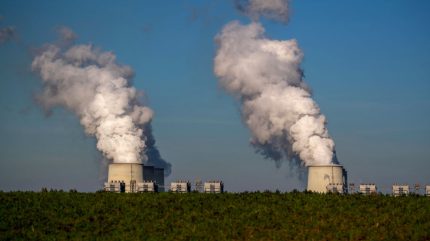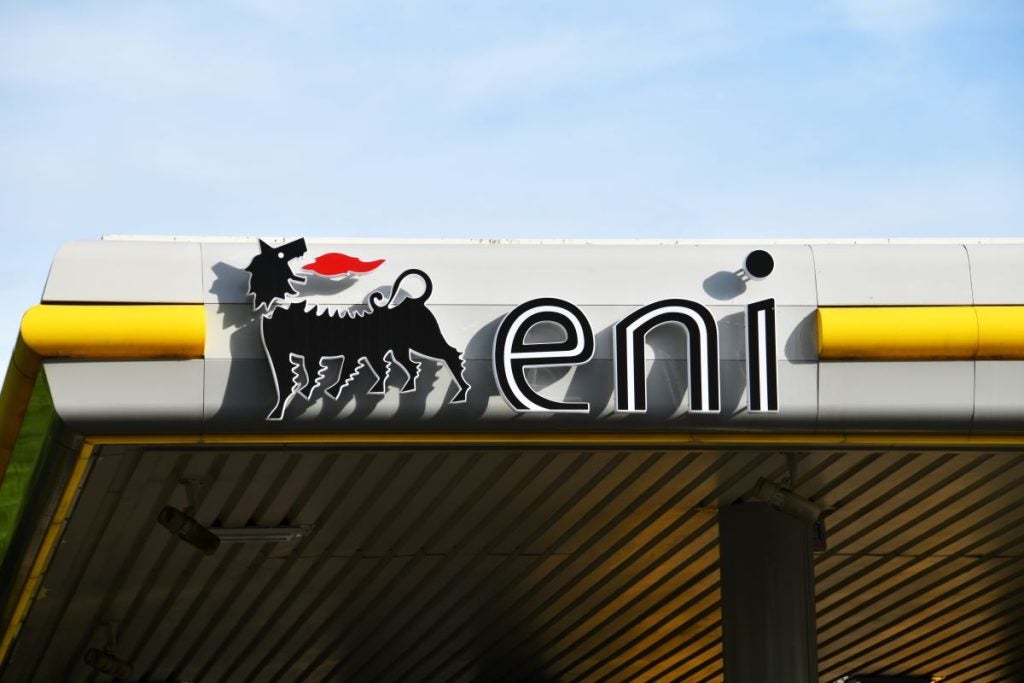
On average between 2020 and 2022, G20 countries channelled more than three-times as much public finance towards fossil fuels compared with clean energy, finds new analysis from environmental campaign groups Oil Change International (OCI) and Friends of the Earth US.
The G20’s flagrant bias towards fossil fuels compared with clean power underscores the immense scale of the challenge they face in honouring the COP28 commitment to “transition away” from fossil fuels.
The OCI and Friends’ of the Earth’s analysis shows that G20 countries provided a yearly average of $44bn to fossil fuels via Export Credit Agencies (ECAs) and Development Finance Institutions (DFIs), compared with just $14bn on clean energy.
The briefing reveals ECAs as the worst international public finance actors, accounting for 65% of all known fossil fuel activity between 2020 and 2022. G20 countries were responsible for providing an annual average of $32bn in bilateral funding via ECAs in this period, compared with a yearly average of $12bn via DFIs.
Canada was the single-biggest provider of fossil fuel finance in this period, having spent $11bn (C$14.91bn) in public finance on oil and gas compared with just over a billion on clean energy.
Japan and Korea followed closely in Canada's footsteps, channelling an annual average of $11bn in public finance towards fossil fuels, compared with $2bn and $0.8bn, respectively, towards clean energy.
How well do you really know your competitors?
Access the most comprehensive Company Profiles on the market, powered by GlobalData. Save hours of research. Gain competitive edge.

Thank you!
Your download email will arrive shortly
Not ready to buy yet? Download a free sample
We are confident about the unique quality of our Company Profiles. However, we want you to make the most beneficial decision for your business, so we offer a free sample that you can download by submitting the below form
By GlobalDataThe OCI and Friends of the Earth also assess public finance provided to the energy sector by the nine major multilateral development banks (MDBs). MDBs spent a much higher share of public money on clean energy compared with fossil fuels than G20 countries, the analysis shows, with MDB spending on renewables representing 56% of total energy spending, compared with just 20% in aggregate for G20 countries.
The analysis reveals that 2022 was a record year for MDB spending on clean energy, with the figure of $26bn representing the largest sum spent on renewables since the NGOs began tracking spending in 2008. Of the nine institutions analysed, the World Bank Group (WBG) provided the most finance for fossil fuels, averaging $1.2bn per year.
Excluding "other" forms of energy like nuclear or hydropower, MDBs' average yearly support for clean energy was 3.3-times higher than their support for fossil fuels.
In total, between 2020 and 2022, the G20 and MDBs provided at least $142bn in international public finance for oil, gas and coal, with the vast majority of fossil fuel finance flowing to gas – 54% of known international public finance for fossil fuels flowed to fossil gas, and a further 32% to mixed oil and gas projects between 2020 and 2022, the report shows.
Thanks to a raft of coal exclusion policies implemented over the past few years, the OCI and Friends' of the Earth's analysis shows that international public finance for coal has almost evaporated during this period.
The analysis also reveals that the largest recipients of both G20 and MDB international energy finance – both fossil fuel and clean – are not the world’s poorest countries. In fact, a striking 43% of all G20 finance stayed within the G20.
The largest share (46%) of G20 and MDB fossil finance between 2020 and 2022 supported midstream transportation and processing projects such as the Trans Mountain pipeline in Canada, Mozambique LNG, and Korean-built LNG carriers –some of the most expensive types of projects in the oil and gas supply chain.
As a result, the recipient of the most public finance is Canada, followed by Mozambique, Russia, Nigeria and Brazil.







